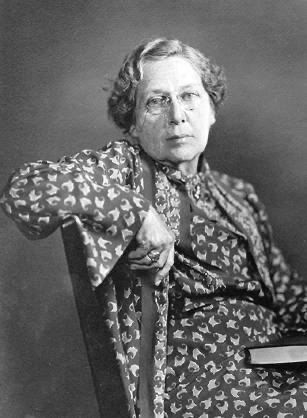Dr. Anna Wessels Williams was a pioneer in the field of immunology. She earned her medical degree from the Women’s Medical College in New York before joining the nation’s first municipal diagnostic laboratory at the New York City Department of Health. There, she advanced her work for nearly four decades, conducting research that would profoundly impact our understanding of infectious diseases and their treatment.
Her discovery of the Park-Williams no. 8 strain of diphtheria in 1894 proved crucial to the development of an effective antitoxin for the disease. Within one year, the antitoxin had been mass produced and distributed to public health departments worldwide. By 1898, Dr. Williams shifted her research focus to rabies prevention and diagnostics. In 1905, she developed a diagnostic test for rabies that produced results in minutes — a test that became the standard for over three decades. In addition, the texts she co-authored helped educate generations of scientists. Even after her mandatory retirement in 1934 (at age 70), Williams worked for free to continue important research into treatments and diagnoses for several urgent public health issues.
Today, Dr. Williams is remembered for her enduring leadership and commitment to public health, leaving a legacy that continues to inspire generations of healthcare professionals.

